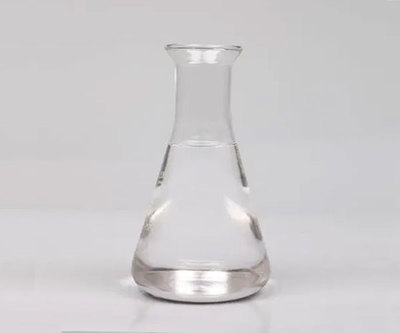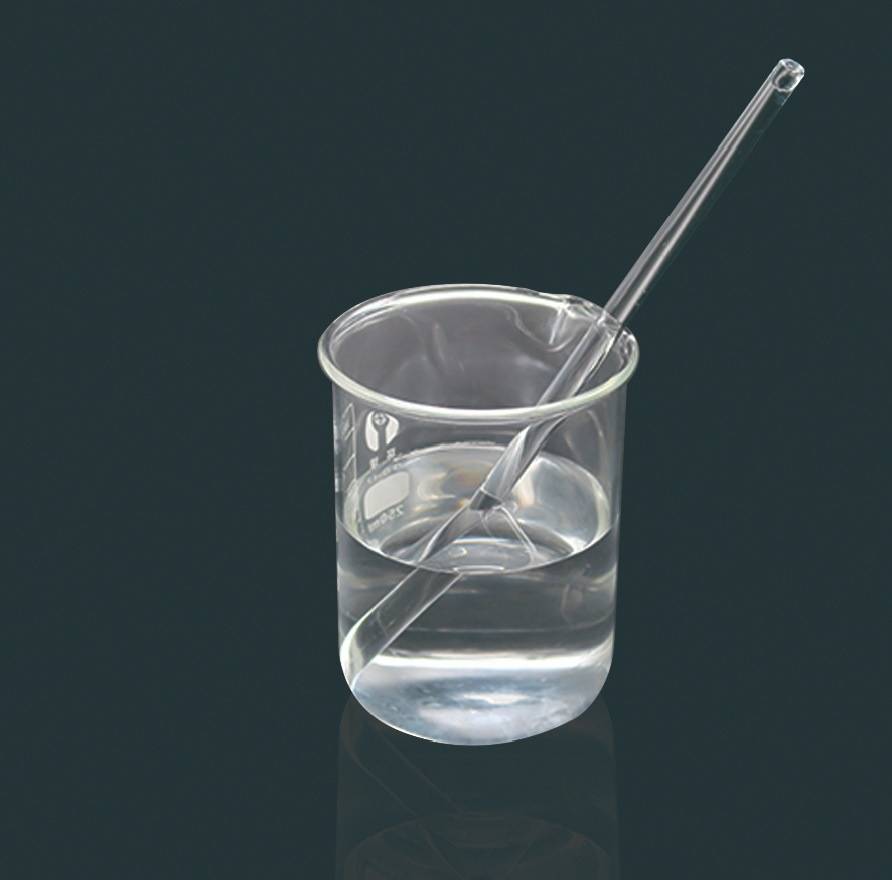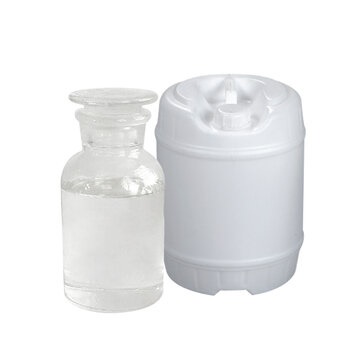In the realm of modern manufacturing, the roles of various chemical compounds cannot be overstated. Among these, alkanes and alcohols hold significant importance due to their versatile applications across multiple industries. EastChem, a leading manufacturer in China, is at the forefront of producing these essential chemicals, catering to diverse sectors such as pharmaceuticals, energy, and consumer goods. In this blog post, we will delve into the top uses of alkanes and alcohols in modern manufacturing, exploring their unique properties and applications.
Introduction to Alkanes and Alcohols
Before we dive into their applications, let’s briefly understand what alkanes and alcohols are.
Alkanes are saturated hydrocarbons consisting of carbon and hydrogen atoms arranged in a tree-like structure. They are characterized by single bonds between carbon atoms and have the general formula CnH2n+2. Common examples include methane, ethane, propane, and butane.
Alcohols are organic compounds in which one or more hydroxyl (-OH) groups are attached to a carbon atom. They are typically derived from alkanes by replacing one hydrogen atom with a hydroxyl group. The simplest alcohol, methanol, has the formula CH3OH, while ethanol, another common example, is C2H5OH.
Applications of Alkanes in Modern Manufacturing
1. Fuel and Energy
One of the most significant uses of alkanes is as a fuel source. Alkanes such as methane, ethane, propane, and butane are key components of natural gas and liquefied petroleum gas (LPG). These fuels are widely used for heating, electricity generation, and as fuel for vehicles. Methane, in particular, is a major component of natural gas, which is a cleaner alternative to coal and oil, contributing to reduced greenhouse gas emissions.
2. Chemical Feedstock
Alkanes serve as a crucial feedstock in the petrochemical industry. They are the primary raw materials for producing a wide range of chemicals, including ethylene, propylene, and butadiene. These chemicals are foundational to manufacturing plastics, synthetic rubber, and other polymers. For instance, ethylene is polymerized to produce polyethylene, one of the most widely used plastics globally.
3. Solvents and Cleaning Agents
Lower alkanes, such as propane and butane, are used as solvents in various industrial applications. They are effective in dissolving oils, greases, and other non-polar substances, making them ideal for cleaning and degreasing processes. Additionally, butane is commonly used in aerosol propellants for products like deodorants, air fresheners, and spray paints.
4. Refrigerants
Certain alkanes, notably methane and ethane, are utilized as refrigerants in cooling systems. These alkanes have suitable thermodynamic properties that make them effective in absorbing and releasing heat, thus providing efficient refrigeration. Propane is also used as a refrigerant in some applications, particularly in environmentally friendly systems that seek to minimize ozone depletion and global warming potential.
Applications of Alcohols in Modern Manufacturing
1. Solvents and Intermediates
Alcohols are widely used as solvents in the manufacturing of pharmaceuticals, paints, coatings, and personal care products. Ethanol and isopropanol are among the most common solvents due to their ability to dissolve a wide range of organic compounds. They are also used as intermediates in chemical synthesis, playing a crucial role in producing other chemicals and active pharmaceutical ingredients (APIs).
2. Antiseptics and Disinfectants
Alcohols, particularly ethanol and isopropanol, are key components in antiseptics and disinfectants. Their antimicrobial properties make them effective in killing bacteria, viruses, and fungi, which is why they are commonly used in hand sanitizers, medical wipes, and surface disinfectants. The COVID-19 pandemic has further highlighted the importance of alcohol-based disinfectants in maintaining public health.
3. Fuels and Biofuels
Ethanol is widely used as a biofuel, either in its pure form or blended with gasoline to create gasohol. Ethanol-blended fuels help reduce carbon emissions and dependence on fossil fuels. In addition to ethanol, methanol is used as a fuel in racing cars and as an additive in gasoline to improve combustion efficiency and reduce emissions.
4. Manufacturing of Plastics and Polymers
Alcohols are important in the production of plastics and polymers. For example, ethylene glycol, derived from ethylene, is a key component in the manufacture of polyethylene terephthalate (PET), which is used in plastic bottles and packaging materials. Polyvinyl alcohol (PVA), produced from vinyl alcohol, is used in adhesives, textiles, and paper coatings.
5. Pharmaceuticals and Cosmetics
In the pharmaceutical industry, alcohols are used as solvents, preservatives, and active ingredients. Ethanol is used in tinctures and medicinal syrups, while isopropanol is used in topical formulations and medical wipes. In the cosmetics industry, alcohols serve as solvents, preservatives, and emollients, contributing to the formulation of perfumes, lotions, and creams.
Emerging Trends and Future Prospects
The demand for alkanes and alcohols continues to grow, driven by their versatility and wide range of applications. Several emerging trends and future prospects are worth noting:
1. Sustainable and Renewable Sources
There is a growing focus on producing alkanes and alcohols from sustainable and renewable sources. Bioethanol and biomethanol, derived from biomass and agricultural waste, are gaining traction as environmentally friendly alternatives to fossil-based alcohols. Additionally, advancements in synthetic biology and biocatalysis are paving the way for more efficient and sustainable production processes.
2. Advanced Applications in Green Chemistry
Alkanes and alcohols are finding new applications in green chemistry and sustainable manufacturing. Researchers are exploring ways to use these compounds as building blocks for biodegradable plastics, green solvents, and eco-friendly chemicals. These innovations aim to reduce the environmental impact of chemical manufacturing and promote circular economy principles.
3. Enhanced Performance and Efficiency
Ongoing research and development efforts are focused on enhancing the performance and efficiency of alkanes and alcohols in various applications. For instance, improving the catalytic conversion processes for alkanes to produce high-value chemicals and fuels is a key area of interest. Similarly, optimizing the formulation of alcohol-based products to enhance their antimicrobial efficacy and shelf life is an active area of research.



